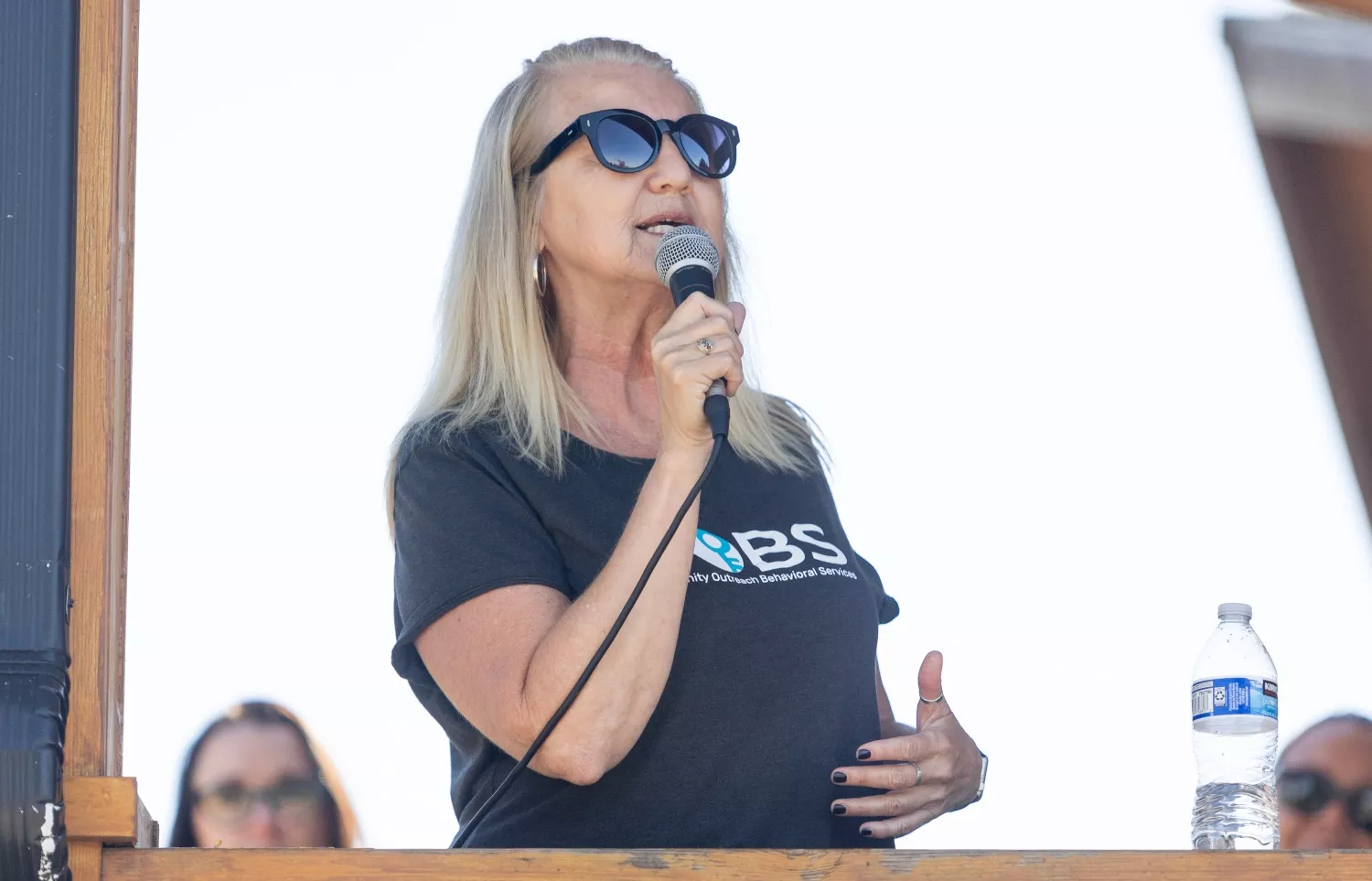Birth workers lay out opportunities to narrow Oregon maternal health care gaps
Advocates say boosting insurance pay would help expand programs for vulnerable pregnant people

1. Survivors of human trafficking say they felt exploited and manipulated by a nonprofit that rose to prominence by operating “safe houses” for trafficking victims.
Former residents of homes run by Community Outreach Behavioral Services, or COBS, describe an environment built on coercive tactics similar to those of their traffickers — one in which certain freedoms were taken away, communications were blocked, their private counseling notes were used against them, and they were punished for making negative comments about the organization. The founder of COBS, Paula Barthelmess, has reported clients to probation officers, sometimes having them put back in jail or extending their probation, in retaliation for insults to her or the program, former residents say.
One former resident described it as “like being trafficked all over again.”

2. The founder of COBS, Paula Barthelmess, funneled clients into counseling sessions at a for-profit mental health agency owned by her son. A review of Medicaid records suggests that the for-profit may have been committing fraud, experts say.
Barthelmess often blurred the lines between the operation of the nonprofit COBS and the for-profit Advanced Clinical Trauma Services in apparent self-dealing, according to an analysis of billing records reviewed by two experts. Safe house residents say they were forced into counseling sessions at ACTS, for which their Medicaid insurance was billed. Records obtained by InvestigateWest revealed that the company routinely billed residents for case management allegedly performed while carpooling residents around town.
3. Idaho’s approach to human trafficking — which was shaped in part by COBS and Barthelmess — criminalizes victims and has resulted in few prosecutions of traffickers.
In 2020, COBS and the U.S. Department of Homeland Security helped launch a task force to combat human trafficking in Idaho, contributing to increased attention on the issue. Idaho lawmakers have also passed bills intended to target traffickers. The state’s approach often uses the threat of jail time for crimes like prostitution or drug charges to protect victims from traffickers and pressure them into answering questions about their abusers. But the result is that few traffickers have been prosecuted, while their victims are locked up for low-level crimes, state police and court data shows.
4. Oversight of the safe houses is all but nonexistent in Idaho, with no licensing requirement for operations like COBS. When complaints were raised about the homes, there was little response from agencies that provide funding.
Though there have been a number of criminal schemes across the country among sober homes or addiction treatment centers uncovered by federal investigators in recent years, such facilities are essentially unregulated in Idaho. Trafficking safe houses, in particular, are under-regulated, experts say. Few are even accredited by a reputable national organization. One expert described the regulatory landscape as a “wild, wild West.”
When complaints were raised about COBS, the state and local agencies that provide funding to the organization did little in response, with critics arguing the agencies failed to conduct thorough investigations or to ensure grant funding was used properly.
As concerns about sex trafficking escalate, one prominent Idaho nonprofit is providing a form of rescue that some survivors say leaves them trapped in another cycle of control and coercion, funded by questionable Medicaid billing.
Part 1: Instead of protection and respite, survivors enter the safe houses operated by Community Outreach Behavioral Services to find an environment that some say is “like being trafficked all over again.” Meanwhile, COBS directs them into an affiliated treatment company where they are billed for services they say they haven’t received.
Part 2: In an unregulated “wild, wild West” of oversight for safe houses, complaints and concerns about COBS go all but unexamined.
Part 3: Victims of sex trafficking face coercive choices both on the streets and in the justice system — and Idaho’s approach often penalizes them instead of their traffickers.
The story you just read is only possible because readers like you support our mission to uncover truths that matter. If you value this reporting, help us continue producing high-impact investigations that drive real-world change. Your donation today ensures we can keep asking tough questions and bringing critical issues to light. Join us — because fearless, independent journalism depends on you!
— Jacob H. Fries, executive director
DonateCancel anytime.
Subscribe to our weekly newsletters and never miss an investigation.